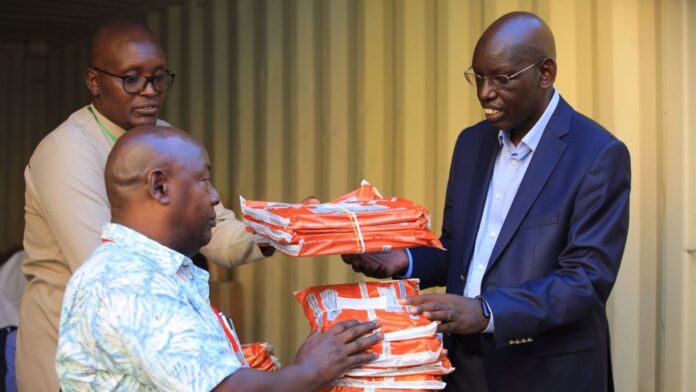Exam Procedures Changed by KNEC to Improve Integrity
A National Assembly committee that investigated allegations of irregularities in the 2022 Kenya Certificate of Secondary Education (KCSE) found flaws in the examinations’ administration. However, the results did not deviate significantly from previous editions.
According to the committee’s report, the Kenya National Examination Council’s (KNEC) guidelines were not consistently followed. It also emphasizes the ineffectiveness of these rules in preventing exam malpractice as a result of emerging trends, particularly technological advancements, because the current regulations are out of date.
To deter potential offenders, the report suggests revising penalties for cheating. MPs also criticized the examination marking process, expressing concerns about examiner integrity, marking schemes, mark allocation, and the moderation process. They questioned the transparency of activities in the marking centers.
According to the report, examiners were required to work long hours, which reduced their productivity. Their housing conditions were described as demotivating, and their remuneration was significantly delayed, arriving nine months after the exercise ended.
The Committee chastised KNEC for failing to conduct independent audits on a regular basis, which are critical for continuous improvement and quality assurance.
The committee recommends that the government provide adequate funding to the Ministry of Education and school boards for infrastructure improvements, such as investing in closed-circuit television with artificial intelligence in all examination centers.
It also suggests that additional funds be allocated to KNEC to support its activities and operations, such as compensating examiners, transporting examination materials, and providing adequate housing for them.The committee recommends that the government provide adequate funding to the Ministry of Education and school boards for infrastructure improvements, such as investing in closed-circuit television with artificial intelligence in all examination centers.
It also suggests that additional funds be allocated to KNEC to support its activities and operations, such as compensating examiners, transporting examination materials, and providing adequate housing for them.




![Kenya’s Top 10 Marketable Degree Programs [List] Kenya's Top 10 Marketable Degree Programs [List]](https://opportunitiesforkenyans.co.ke/wp-content/uploads/2025/02/Kenyas-Top-10-Marketable-Degree-Programs-List-100x70.jpg)

